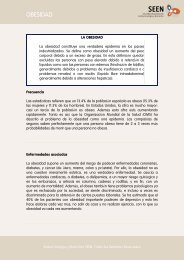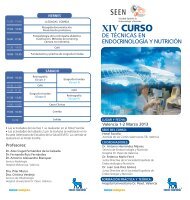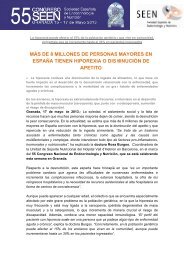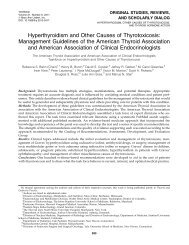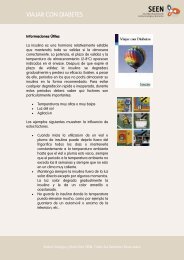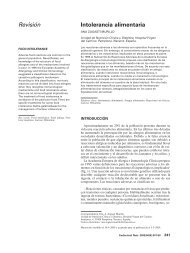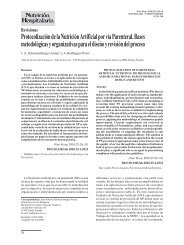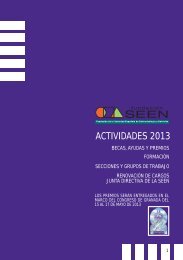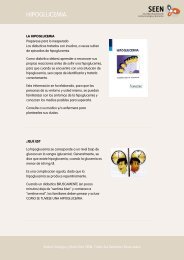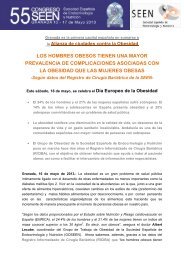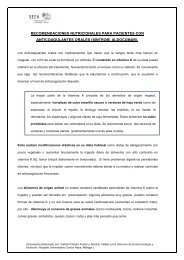Basic Concepts of Fluid and Electrolyte Therapy
Basic Concepts of Fluid and Electrolyte Therapy
Basic Concepts of Fluid and Electrolyte Therapy
You also want an ePaper? Increase the reach of your titles
YUMPU automatically turns print PDFs into web optimized ePapers that Google loves.
10. The Patient with Diabetes Mellitus<br />
Introduction<br />
Although, with better management <strong>of</strong> diabetes in recent years,<br />
admissions due to loss <strong>of</strong> control with or without ketosis are less frequent<br />
than in former times, nonetheless cases <strong>of</strong> decompensated diabetes<br />
with keto-acidosis (DKA) or hyperosmolar non-ketotic (HONK)<br />
syndrome form an important part <strong>of</strong> every doctor’s experience <strong>of</strong><br />
acute medicine. Similarly, with the rising prevalence <strong>of</strong> diabetes, particularly<br />
type 2, the perioperative fluid <strong>and</strong> metabolic management <strong>of</strong><br />
diabetic patients has become increasingly important.<br />
Decompensated Diabetes<br />
Type 1 diabetes: insulin secretion is impaired in most cases by >90%.<br />
This means that, with reduced or absent administration <strong>of</strong> insulin or<br />
with increased insulin dem<strong>and</strong> due to intercurrent illness, not only<br />
does the blood glucose rise but control over fat <strong>and</strong> protein metabolism<br />
is lost, leading to keto-acidosis (-hydroxybutyrate being the<br />
main keto-acid) <strong>and</strong> protein catabolism.<br />
Type 2 diabetes: This is associated initially with insulin resistance but<br />
only partial loss <strong>of</strong> secretion. At this stage, there is sufficient circulating<br />
insulin to prevent ketosis but not to control the blood glucose.<br />
Decompensation is usually associated with HONK in which the blood<br />
glucose rises to higher levels than those seen in DKA (it only takes a<br />
fraction <strong>of</strong> the amount <strong>of</strong> insulin to control ketosis as it does to control<br />
blood glucose). With loss <strong>of</strong> insulin secretion over the years <strong>and</strong><br />
with severe intercurrent illness type 2 diabetics can develop keto -<br />
acidosis, requiring insulin, even though they may be able to revert to<br />
tablet treatment afterwards .<br />
95




